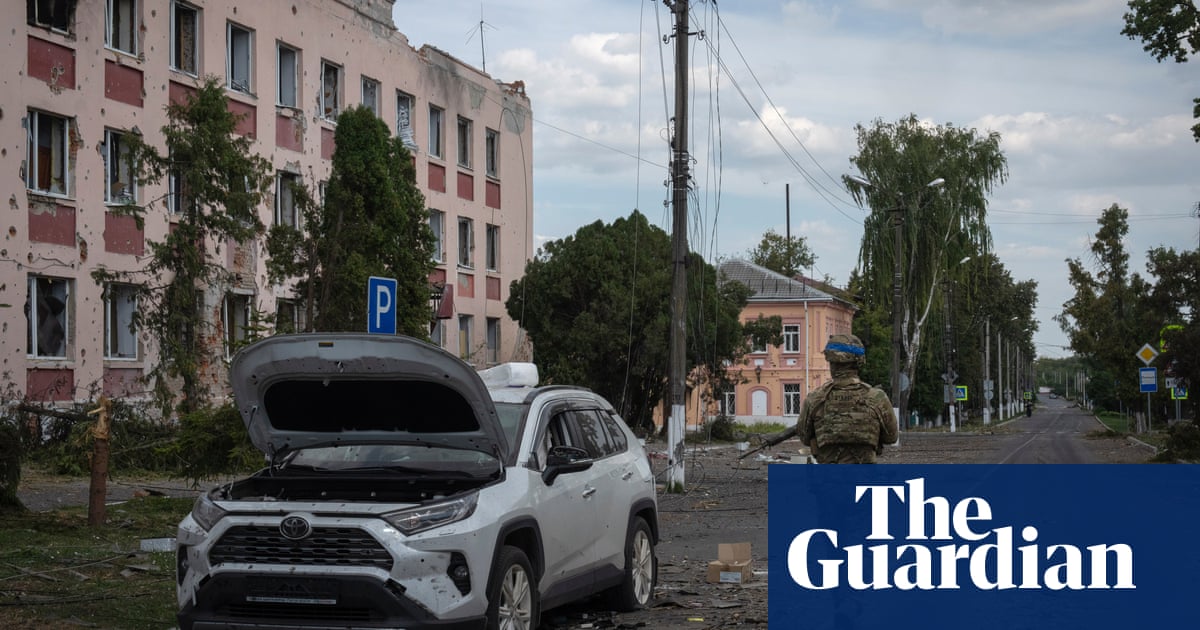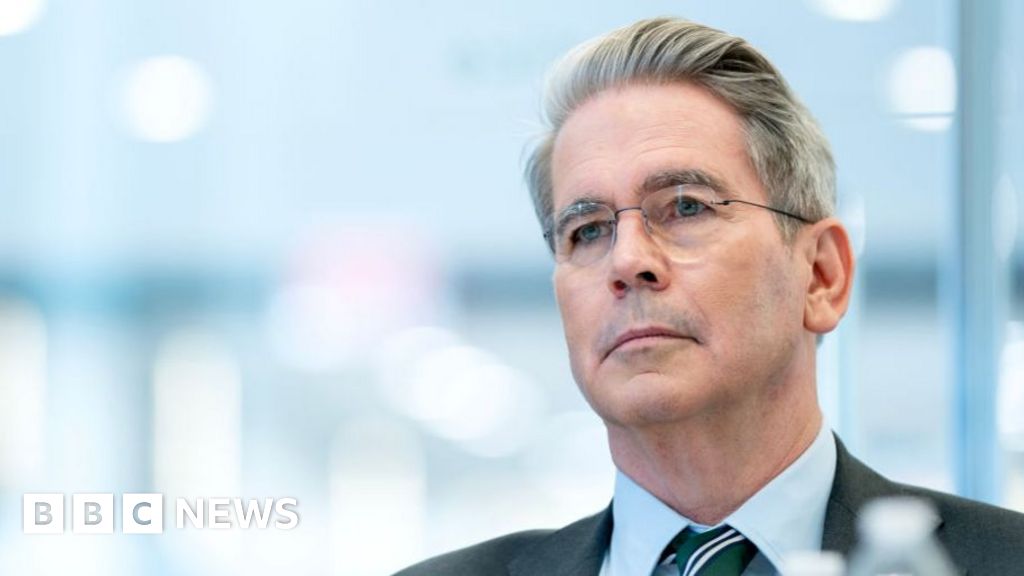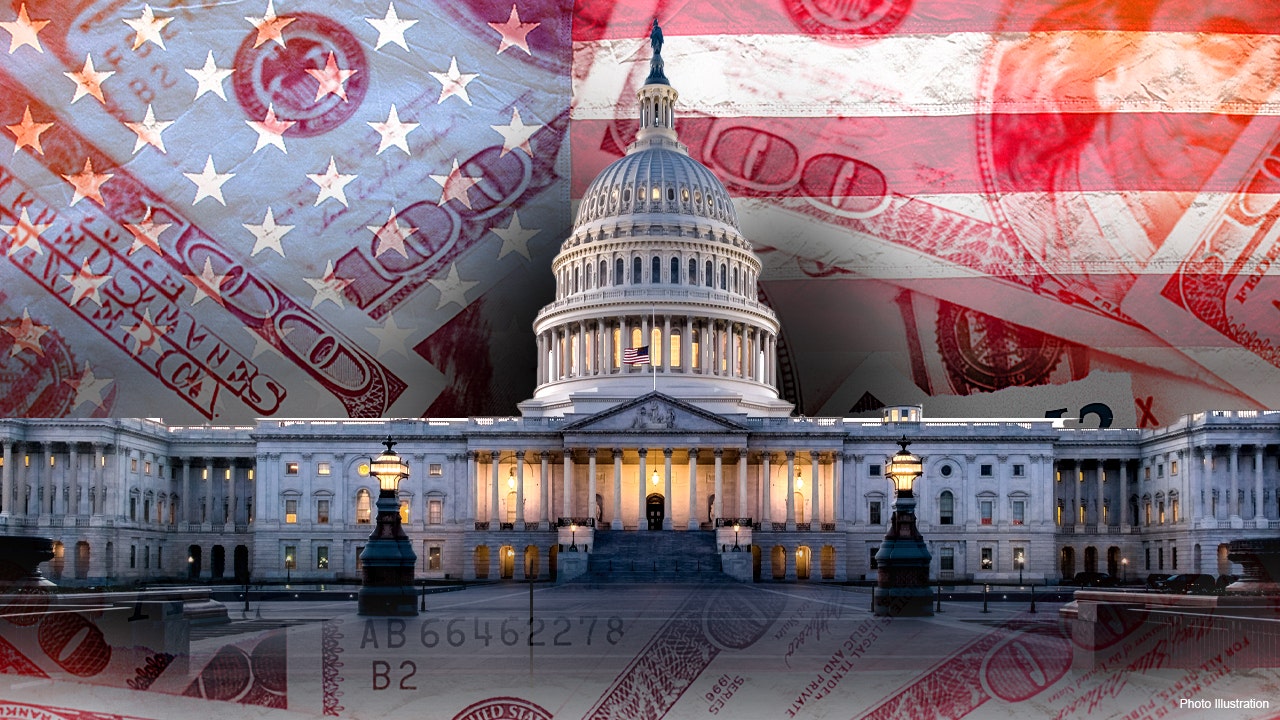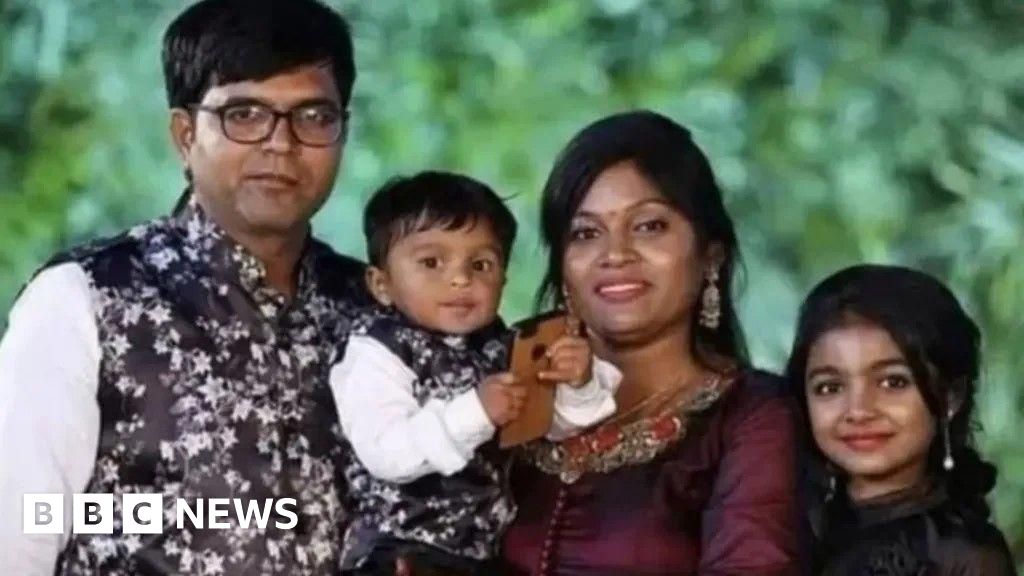World
Ukraine war briefing: US decision on long-range missiles will spark immediate response, Russian lawmakers say

The US decision to lift a ban on Ukraine using long-range missiles to fire into Russian territory escalates the conflict in Ukraine and will spark an immediate response, senior Russian lawmakers said on Sunday. “The west has decided on such a level of escalation that it could end with the Ukrainian statehood in complete ruins by morning,” Andrei Klishas, a senior member of the Federation Council, Russia’s upper chamber of parliament, said on the Telegram messaging app. Vladimir Dzhabarov, first deputy head of the Russian upper house’s international affairs committee, was quoted by Tass news agency as saying: “This is a very big step towards the start of world war three.”
The remarks came after US president Joe Biden reversed a ban on the firing of long-range missiles into Russian territory by permitting them to be used against Russian and North Korean forces in the Kursk region. The US president will allow Ukraine to use US-made Atacms rockets, which have a range of 190 miles (300km) – a decision being justified by the presence of North Korean troops fighting alongside Russia against Ukraine. Though there was no public comment from the White House, the story first appeared in coordinated briefings to the New York Times, the Washington Post and the news agencies Reuters and Associated Press.
Ukraine’s president, Volodymyr Zelenskyy, appeared to confirm the news, though he said any proof about the change in policy would emerge on the battlefield, if and when the missiles are used. “Today, there’s a lot of talk in the media about us receiving permission for respective actions. But strikes are not carried out with words. Such things are not announced. Missiles will speak for themselves. They certainly will,” Zelenskyy said.
Ten people, including two children, were killed and 52 were injured on Sunday night when a Russian missile hit a residential nine-storey building in Ukraine’s northeastern region of Sumy, Ukraine’s emergency services and military said. “Sunday evening for the city of Sumy became hell, a tragedy that Russia brought to our land,” Volodymyr Artyukh, the head of the Sumy military administration said in a post on the administration’s Telegram messaging channel.
The attack on Sumy followed a morning of Russia pounding Ukraine’s power grid in what Kyiv said was a “massive” attack with 120 missiles and 90 drones that killed at least seven people. The attack was the largest missile and drone assault on Ukraine since August and the first big Russian assault since the US election, showing the Kremlin in little mood to compromise after Donald Trump’s victory.
Ukrenergo, Ukraine’s principal energy supplier, said blackouts and consumption restrictions would be introduced “in all regions” from Monday as engineers tried to repair as much of the damage to power facilities as possible. With the harsh Ukrainian winter fast approaching, the country is already suffering from major energy shortfalls.
Polish prime minister Donald Tusk said the attack showed that talking to Russian president Vladimir Putin on the phone would not stop the war, two days after German Chancellor Olaf Scholz rang him. “No one will stop Putin with phone calls. The attack last night, one of the biggest in this war, has proved that telephone diplomacy cannot replace real support from the whole west for Ukraine,” Donald Tusk wrote on X.
Scholz defended his decision to phone the Kremlin, telling reporters on Sunday it was important to tell him [Putin] that he cannot count on support from Germany, Europe and many others in the world waning. He added: “The conversation was very detailed but contributed to a recognition that little has changed in the Russian president’s views of the war – and that’s not good news.”
Ukraine will be “top of the agenda” this week at a meeting of leaders from the world’s most powerful economies, Keir Starmer pledged, though he said he had “no plans” to follow Scholz and speak directly to Putin. Starmer will meet world leaders on Monday at the G20 summit in Brazil, which the Russian president has declined to attend, sending his foreign minister, Sergei Lavrov, in his place.
Finland is hosting its first large-scale Nato artillery exercise since the Nordic nation joined the military alliance last year, with live fire drills starting on Sunday. The exercise conducted in the northern Lapland region in November is part of Dynamic Front 25, the largest Nato artillery exercise ever held in Europe, with fire drills in Finland as well as Estonia, Germany, Romania and Poland. The Nordic nation, which shares a border with Russia, joined Nato last year, dropping decades of military non-alignment after Moscow’s invasion of Ukraine in February 2022.
About 1,500 supporters of Russia’s exiled opposition marched through central Berlin on Sunday – led by Yulia Navalnaya and chanting “No to war!” and “No to Putin” – in a demonstration against Moscow’s invasion of Ukraine. The march saw a smaller turnout than expected and was seen as a credibility test for the movement – weakened by years of repression and thrown into disarray since the death of its main leader Alexei Navalny in prison earlier this year.









